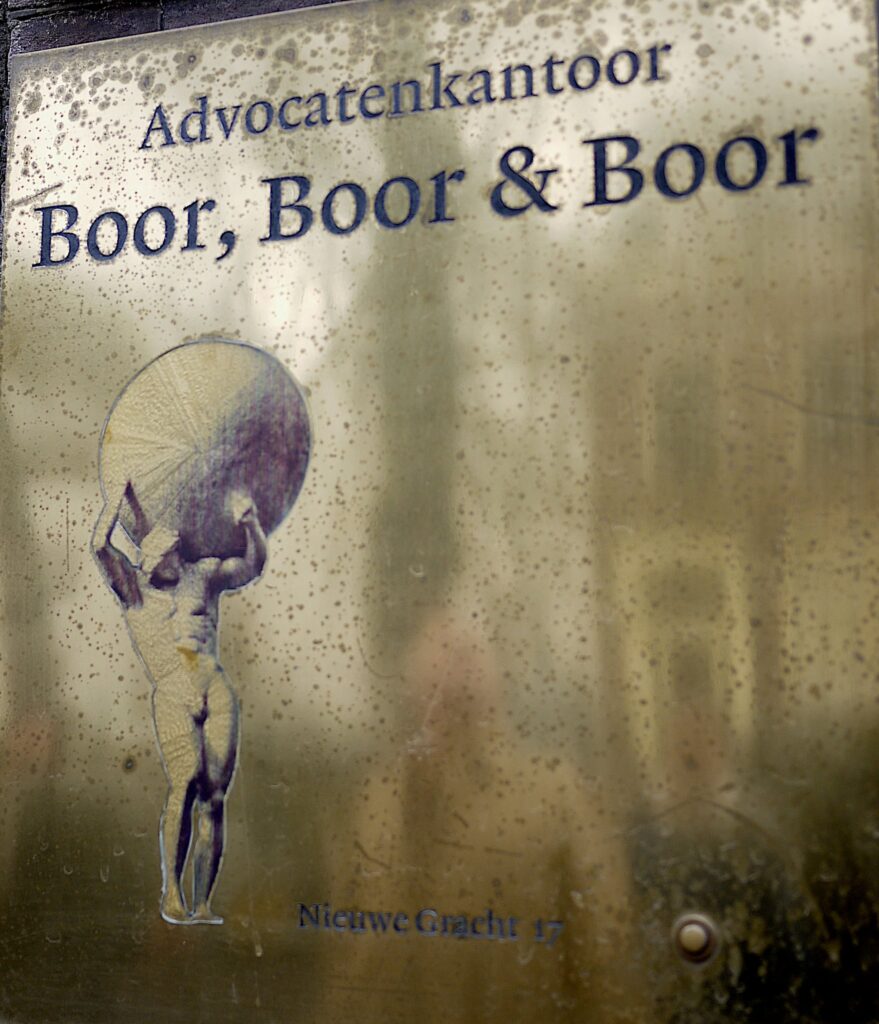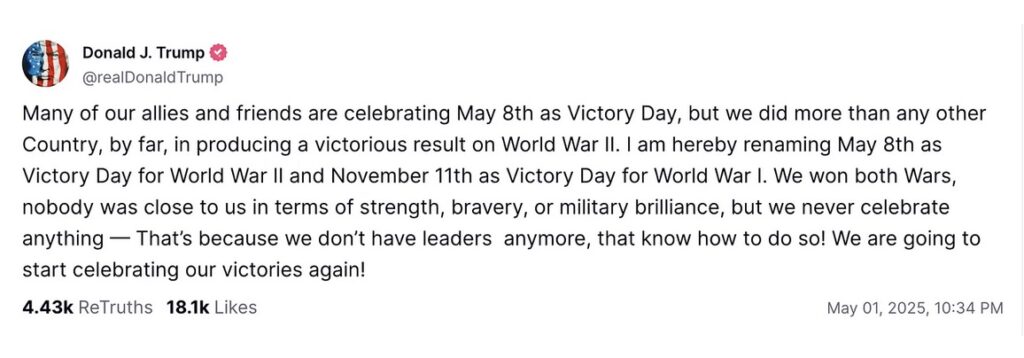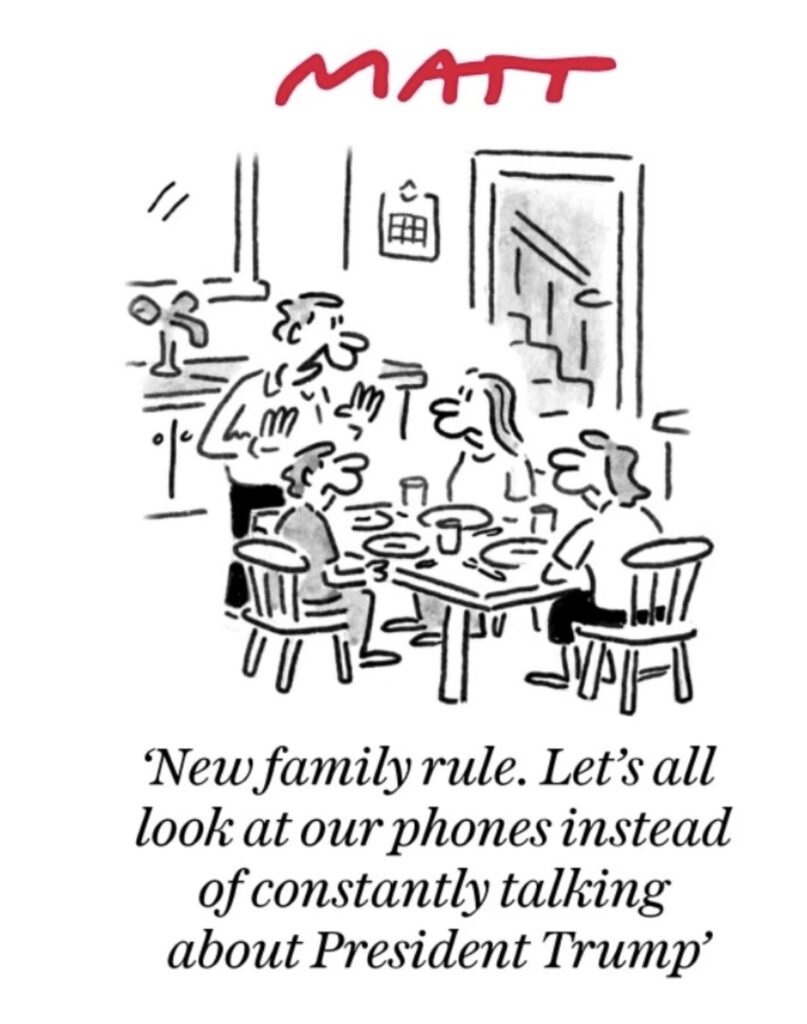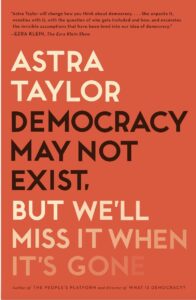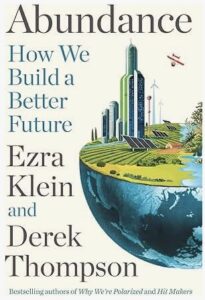Kubrick in Venice
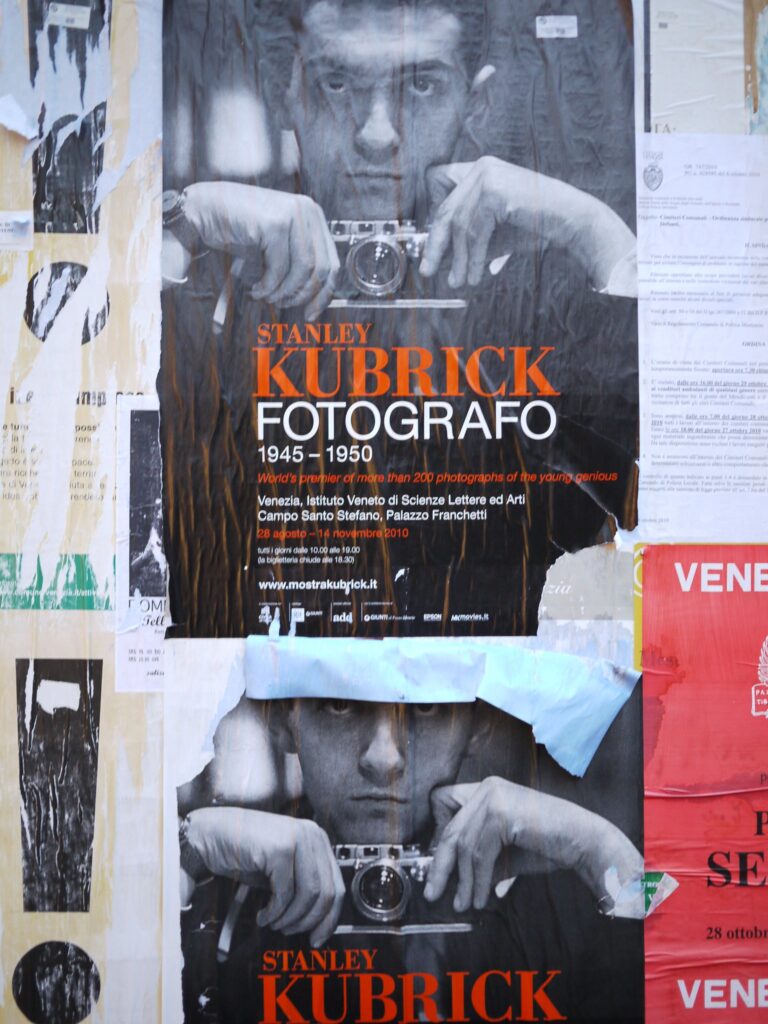
I took this photo to mark the moment I realised that Kubrick had been a serious photographer before he went into movies.
Quote of the Day
“Money doesn’t talk, it swears/ Obscenity, who really cares.”
- Bob Dylan
Musical alternative to the morning’s radio news
Elgar | Nimrod
Long Read of the Day
Glowing lava hardened into memory: The ends of Reinhart Koselleck’s war.
A truly remarkable translation by Adam Tooze of the German historian Reinhart Koselleck’s memoir of the ends (plural) of the Second World War as he experienced them. “The bells that rang out on May 9th, 1945, rang in the peace,” he wrote. “The question was, which peace for whom?”
The end of World War II in Europe on the night of May 8-9th 1945 was experienced in different ways. It depended on the side you were on, on the place you were in, your nationality, gender, social class and age.
Born in Görlitz Saxony in 1923, Reinhart Koselleck would later become a brilliant historian of the Enlightenment and the early 19th century, as well as preeminent theorist of history – some would say philosopher of history – of his generation in West Germany. He was the editor and intellectual inspiration behind the multi-volume Geschichtliche Grundbegriffe – a massive dictionary of conceptual history. His work best-known in English is Futures Past: On the semantics of historical time.
Do read it. It seemed to me to be the most appropriate piece to choose for yesterday’s anniversary.
So many books, so little time
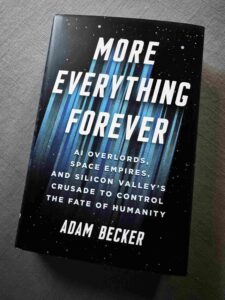
This arrived yesterday. Subject matter: “The bad science and sinister ideas behind Silicon Valley’s foolish obsession with immortality, AI Paradise and limitless growth”. Which means, I guess, that it’s about how extreme wealth rots your brain. I thought that was an old story. Maybe I’ve missed something.
My commonplace booklet
Life Imitating Art
Well well. The day before the Pope’s funeral, we watched Conclave, the film based on Robert Harris’s thriller of the same name.
And guess what? We weren’t the only people wanting to get up to speed on what happens next. Politico reports that “Cardinals are watching ‘Conclave’ the movie for guidance on the actual conclave. The 2024 movie is proving a useful primer for clerics about to take part in the real thing to choose the next pope”.
Errata
Re the photograph of the nameplate of the Dutch law firm in Wednesday’s edition, my friend Gerard writes:
I’m afraid that’s incorrect, sir.
This firm whose brass plate you have photographed is located in Utrecht (not The Hague) at Nieuwegracht, just around the corner of my house. The Atlas figure on the brass plate is a picture of the Atlas statue which happens to be (for reasons unknown to me) on the roof of the house where the firm takes office.
With English having become a kind of official second language in Holland (in shops, restaurants and cafes in Amsterdam, even when one is clearly Dutch, one is standardly addressed in English – preferably its TikTok dialect), Boor, Boor & Boor will have had more comments on its name, similar to the one you made. So, a few years ago, the firm was renamed “Booor advocaten” (three o’s indeed). I’m not sure it’s an improvement. The website – www.booor.nl – mentions that the firm was founded in Utrecht, in 1945, and is currently led by three senior lawyers, all female, none of who has the surname Boor.
I’m sure that there will be more where that came from. For example, another reader told me about Argue & Phibbs, a legal firm in Co Sligo. And there’s a well-known architectural practice in Cambridge called Pleasance Hookham & Nix.
This Blog is also available as an email three days a week. If you think that might suit you better, why not subscribe? One email on Mondays, Wednesdays and Fridays delivered to your inbox at 5am UK time. It’s free, and you can always unsubscribe if you conclude your inbox is full enough already!

